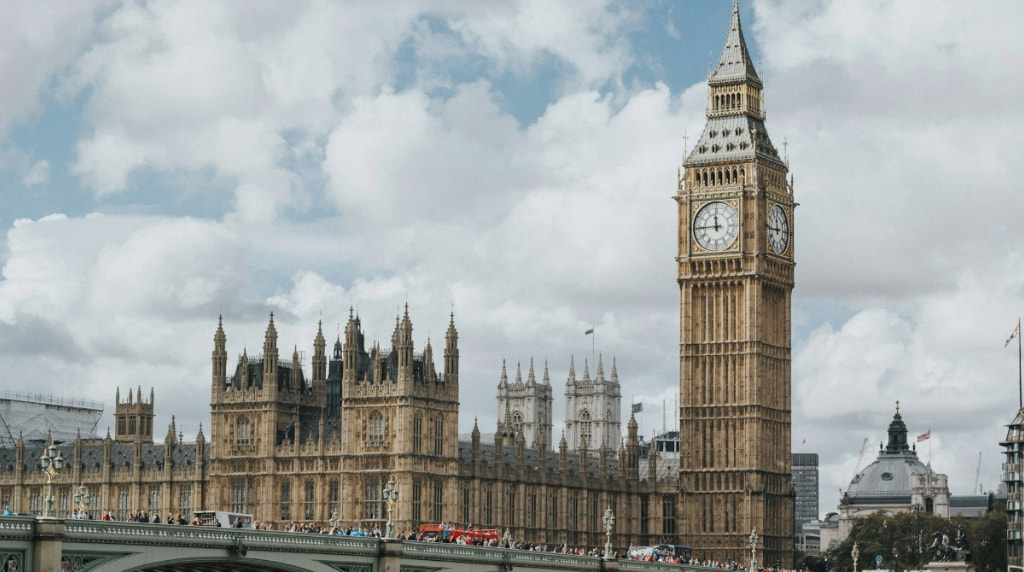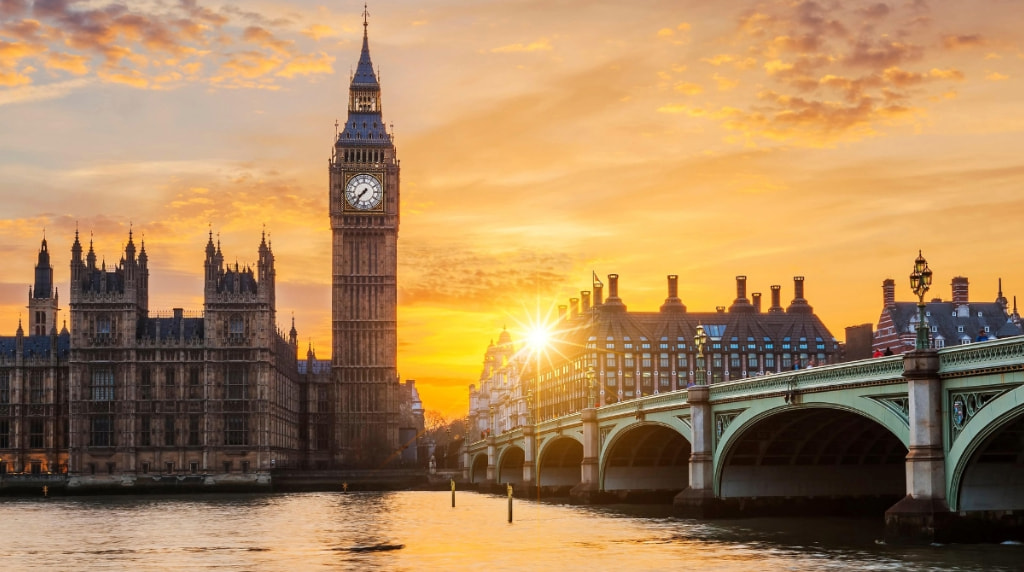The Shifting Tides of Asia’s Casino Business
The Asian casino industry has long been synonymous with the vibrant gambling hub of Macau. However, recent developments indicate a seismic shift in the region’s casino landscape. As China’s political leadership coerces Macau to transition from a gambling-centric destination to a hub of recreation, casino operators such as MGM and Galaxy Entertainment Group are exploring new opportunities in emerging markets like Thailand and the UAE.

Bangkok city is the new candidate to step into the void of Asia’s casino industry, as Macau shows signs of fatigue and slowing down. ©dariasophia/Pixabay
Against a rapidly worsening outlook for Macau’s casino industry, a few of the city’s largest operators have begun laying the foundations for a new outpost in the East. Specifically, Thailand and the UAE. Whilst the casinos have not been vocal about their plans, consultants and lobbyists working in the regions have confirmed that these efforts are being undertaken.
These steps being taken to open new venues in other regional centers is a reflection of the deteriorating political climate in China and Macau. The CCP has been gradually turning its back on the capitalist values that got it to where it is over recent years, and as a consequence is taking a less favorable stance towards the prevalence of a gambling industry within its territory.
Macau was once a city dwarfing Las Vegas by almost six times the annualized revenues, but with a major increase in regulatory red tape, financial controls and lingering Covid policies, Macau’s growth has been slowed down since 2020 and investors are showing more anxiety for its long term prospects.
Macau Loses VIP Gambling Revenues
The early performance of Macau in 2023 has been strong according to analysts monitoring the financial performance of the casino market. Sales are up, and casinos are reporting earnings at close to 60% of their pre-Covid levels. But looking deeper at these consumer trends it’s clear to see that recent momentum is fading, as pent-up demand for casino services will predictably fall later this year, and Chinese travelers will go elsewhere as they’re able to access cheaper international flights.
At the heart of this lagging financial performance though will be an absence of VIP gambling revenue from Macau. The ban on junket operators now fully in force in Macau will have a big negative effect on revenues. VIP gamblers accounted for half of the city’s revenue, and there’s no sign that this gap will be filled in their wake.
Whilst Macau is determined to diversify its revenue sources, this has proven an arduous task up until now. The required investment to open hotels and new leisure facilities has been hard to come by against the backdrop of a worsening casino sector. Whether or not Macau is able to throw off the shackles of its reliance on the casino business will determine its long term survival prospects as an independent city in Asia.
Thailand and the UAE Enter the Fray
Two major players currently residing in Macau have begun in-roads to build new outposts in Thailand and UAE. Galaxy Entertainment Group is one such entity, the casino operator has already set up offices in the two regions and is beginning consultations on the next steps it will need to take in order to kick start a new industry in the region.
MGM likewise is doing the same. The group has established a base in Thailand and is set to take over management of a pre-existing resort in Dubai. Thailand’s prospects of becoming a new gambling center in Asia look strong, and the debate was a prominent one throughout the recent general election in May. The new government now will need to decide how far they are willing to go with new legislation to make things a reality.
Separately, Las Vegas Sands have begun their own enquiries into Thailand, with the firm’s CEO Robert Goldstein stating that Thailand represents a huge opportunity for growth, and the firm are “looking hard” at potential inroads to this new market.



